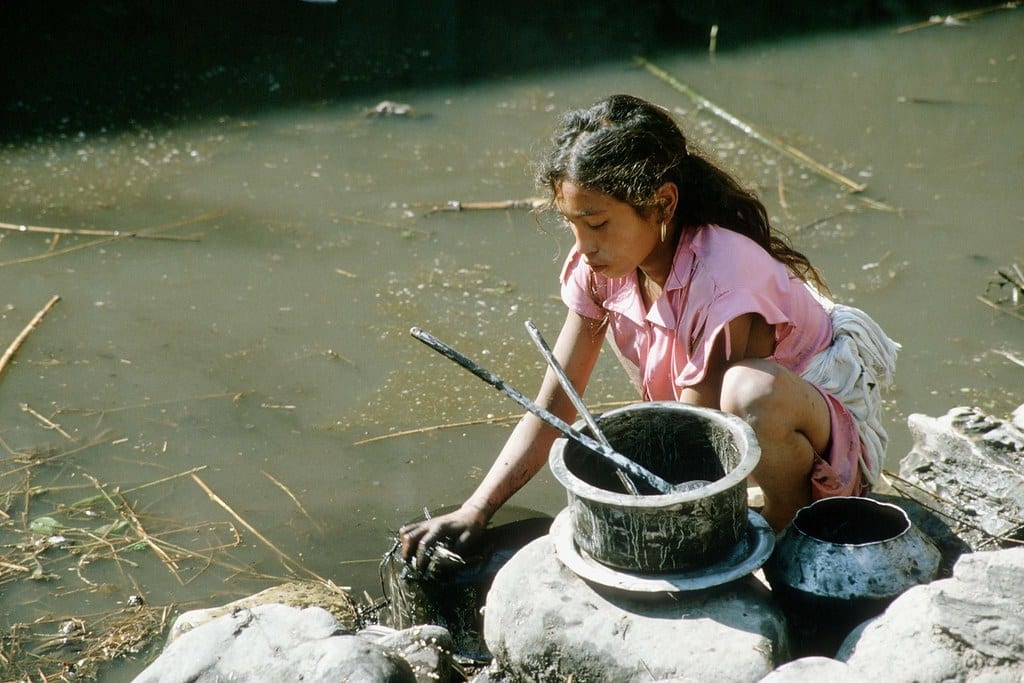
Modern Heroes, Modern Slaves? Listening to migrant domestic workers’ everyday temporalities
This essay draws on multi-sited, performance art-led research with Filipinx migrant domestic workers in the UK and Lebanon. It explores a dichotomy at work in the portrayal of some workers as bagong bayani or ‘modern heroes’—a phrase coined by then Philippine president Corazon Aquino—and as ‘modern slaves’, a term more recently associated with the humanitarian and state processing of survivors of human trafficking and labour abuse. Simultaneously victimising and venerating workers, I argue that both terms spectacularise experiences of migrant domestic work, untethering it from lived, material conditions. In so doing, the everyday nature of exploitation and abuse encountered by many migrant domestic workers is obscured, as well as the everyday expertise that enables them to evade, de-escalate, and survive it. Through making collaborative soundwalks with migrant domestic workers—a creative form similar to site-specific audio guides—my research identifies ways in which performance methodologies can be attentive to the specific temporalities of their lived experiences and to their decisions about self-representation.
Read more here.
